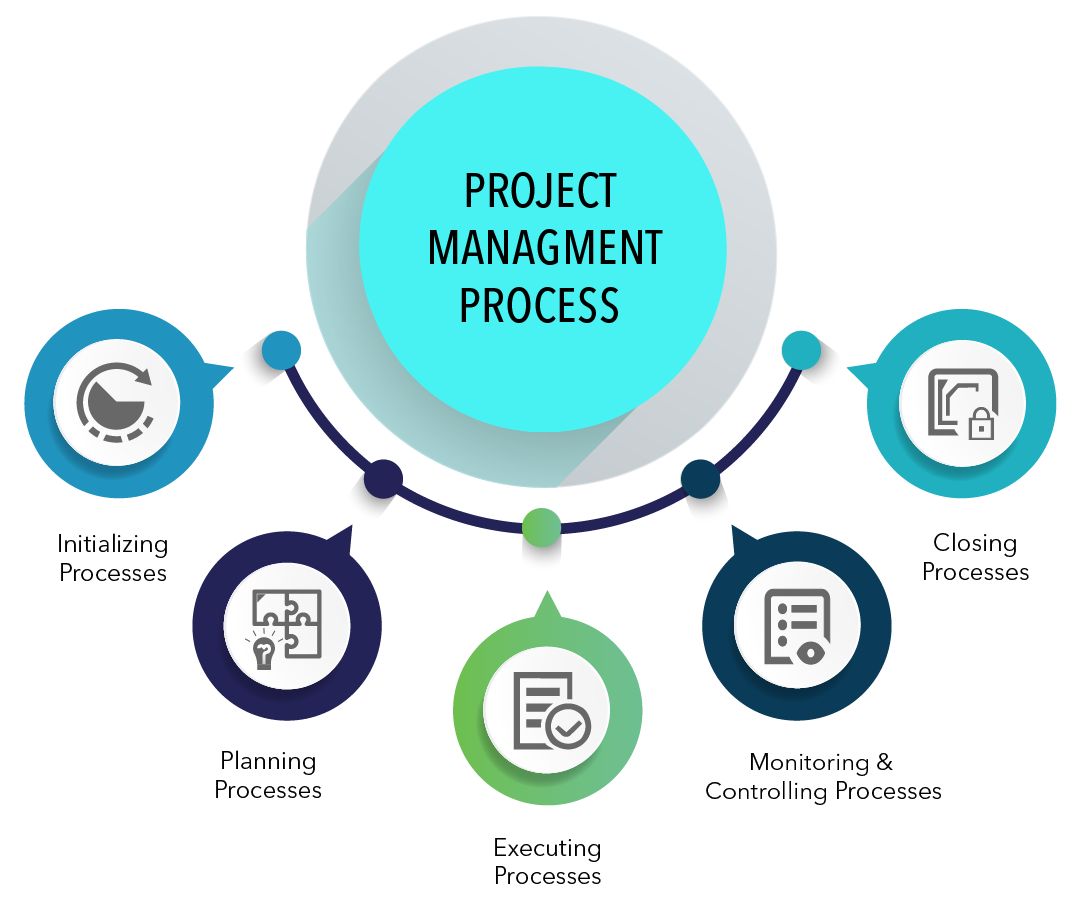✔ Higher likelihood of success : In PM, the project’s objective is clear, as are the steps required to achieve the objective.
✔ Efficiency. The advanced planning required in PM minimizes guess work and false starts. In addition, project management brings repeatable processes to bear, so there’s no need to reinvent the wheel each time a new project starts.
✔ Lower costs and higher productivity. These benefits stem in large part from the higher rates of success and increased efficiency in running projects using PM principles.
✔ Great visibility into progress and problems. Project teams and project managers as well as executive sponsors know what work should be done when and, thanks to reporting, whether those milestones are being met.
✔ Improved communication. Project team members, managers and executive sponsors, and other key participants all have the same information about what work should be done, when it should be done and for what reasons.
✔ Greater alignment among all stakeholders. The detailed project plans, the increased visibility and improved communication mean everyone is more likely to know where they fit into a project workflow.
✔ Better levels of collaboration. In project management, work is timed to ensure that teams that must work together are all available when they need to be.
✔ More accountability. Worker roles and responsibilities are accurately defined, and expected milestones are clearly articulated in advance.
✔ Better risk monitoring and mitigation. Project managers are expected to identify risks in advance of a project and implement mitigations, so they’re more apt to monitor for those risks and know how to respond if problems arise.
✔ Continuous improvement. Project managers take lessons learned and apply them to their subsequent endeavors.
